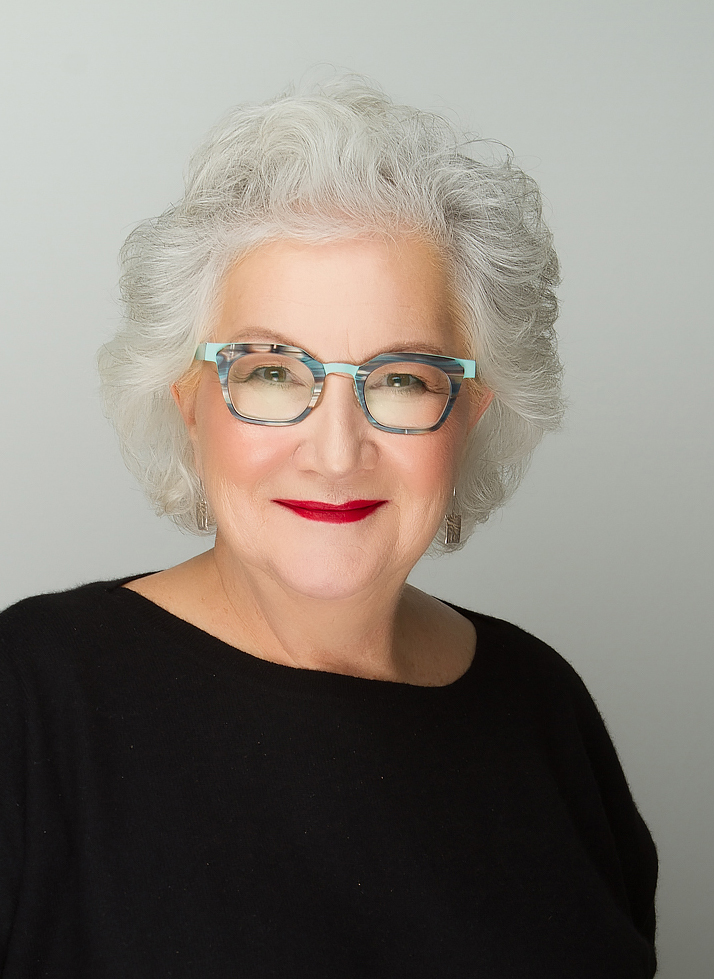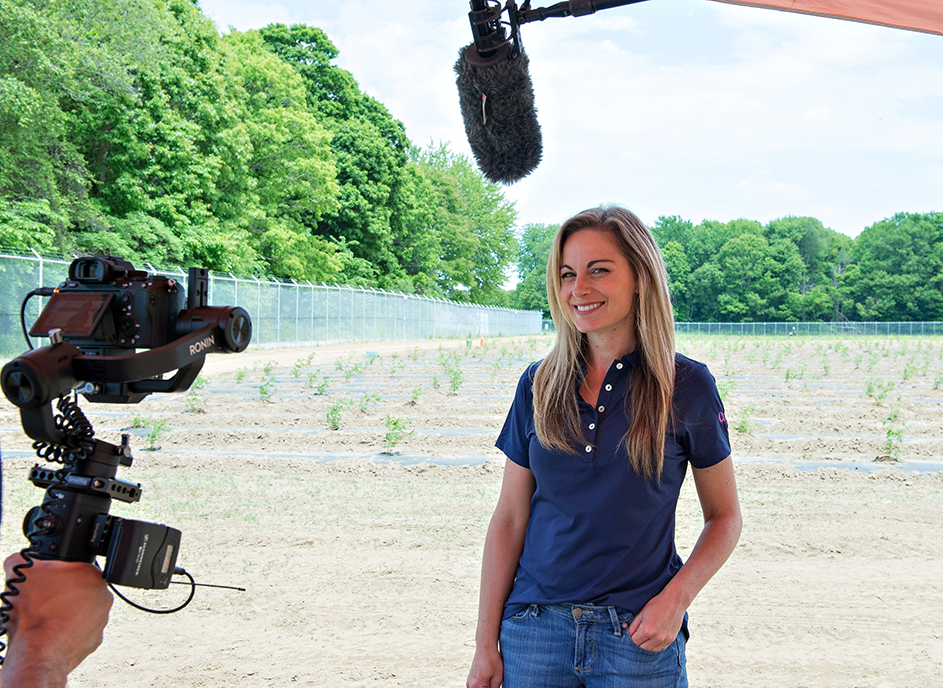Like so many of the areas where our alumni can be found, the human resources field is full of change and variety. This month we share the experiences of two alumnae, Catherine Burr (MIR 1991) and Deborah Sikkema (MIR 2004) whose decades of experience reflect the dynamic careers that await today’s students.
Catherine Burr is a trainer, speaker, university instructor and workplace consultant, and a expert on the investigation of workplace harassment and bullying. Catherine has had her own human resources management consultancy firm since 1990, and recently retired from teaching in the Local Government Program at Western University. She previously held line, staff and senior management positions in several organizations including the Canadian and Ontario Human Rights Commissions.
In recent years, Catherine has been a community research associate with the Centre for Research and Education on Violence Against Women & Children at Western University and a collaborator in a SSHRC-funded research project “Partnering to Prevent Workplace Bullying and Mistreatment Using International and Integrative Perspectives” with the University of Winnipeg. She is lead author (with Anne Wyatt, Australia) of a chapter addressing the investigation of workplace harassment and bullying complaints in the internationally focused Handbooks of Workplace Bullying, Emotional Abuse and Harassment, Volume 3: Promoting dignity and inclusion recently published by Springer.
Deborah Sikkema is the Chief People Officer at WeedMD, a licensed producer and distributor of medical and adult-use cannabis. She leads a team of seven human resources professionals and oversees the entire HR function, including talent development, recruitment, compensation, human resource information systems (HRIS), payroll and benefits, HR business partnering, and more.
At the moment, Deborah says, WeedMD is moving out of “start-up mode” as a company, “so a big focus has been on creating structure and process from an HR standpoint.”
“Everything from rolling out a new HRIS, to launching a new benefit plan, to building a compensation structure and bonus program. We had a merger a year ago, so we have also been focused on integrating the businesses. It's been a busy year!”
While they came to the Centre at different stages in their careers, for both Catherine and Deborah, the choice to pursue the MIR reflected specific goals based on their previous experiences with human resources.

After moving to Toronto on a secondment to implement an equity program at the City of Scarborough, Catherine entered the MIR program with the goal of expanding her learning of HR, organizational change and power relationships in workplace settings. “I wanted to challenge myself as I was at a mid-career point and this graduate program checked all of my interests.”
For Catherine, a distinct advantage of the program was that it “did not present HR and the workplace only from a managerialist perspective.” Her previous work focused on the investigation and remedy of complaints and systemic discrimination, and she had seen how workplace issues of discrimination, inequality, toxic environments and harassment required attention to multiple interests and actors. Catherine was searching for new—“and, frankly, more effective”—ways to address these workplace issues, and to do so from a broader perspective.
After completing her MIR, Catherine says she “flirted” with the PhD program but instead started her own consulting practice, eventually moving to London, Ontario and tapping into the academic world via part-time teaching of undergraduate and graduate courses on organizational behaviour and HR management.
Deborah discovered her interest in human resources in a business class in her first year of undergraduate studies. She asked the teaching assistant how she could get into HR, and the TA recommended the MIR program.
She says that not only did she know that she wanted to be a human resources professional, she knew she wanted to start as a generalist “so I could determine which area(s) were of most interest to me.” Twenty years later, Deborah is still a generalist and still “absolutely love[s]” it—“mostly because of the variety.”
Variety is a key part of both Catherine and Deborah’s memories of their time at the Centre.
Catherine says one particularly memorable part of her MIR years was the exposure to different teaching and learning cultures that a multi-disciplinary degree program provides. “I came to understand the benefits and limitations of how business, law, education and IR/HR students are taught to think, problem-solve and act.” It’s something she says has helped her to work more effectively with professionals from across all these disciplines.

Deborah similarly describes the wide range of experience that made up the Master’s program. For her, some of the most memorable experiences included the employment law course with John Mastoras and partnering with a company and providing HR consultation as part of a project for a human resources consulting class at Rotman—and, of course, hanging out with friends at the local pub.
Both Catherine and Deborah emphasize the range of possibilities that the MIRHR will open up for today’s students, not just now but well into the future.
In the early 1990s, Catherine says, human rights and equity issues were largely considered "boutique" and certainly not central to human resource management—“How things have changed!”
It was also, she says, “suspect” to work with clients across public, private and non-profit sectors and with both management and labour, and it was even more unusual to act as an external independent complaint investigator.
“I am not certain I would have had the confidence to start my consulting practice without the foundational knowledge my MIR studies gave me.”
“I encourage current MIRHR students and graduates to explore and commit to workplace issues that matter to them and which they consider vital to making a better world—even if you are "ahead of your time" and these issues may notbe considered important or central to a career in human resources management or labour relations."
Deborah is similarly encouraging.
To students planning careers in human resources she says, “You've chosen a great field no matter if you specialize or become a generalist. You will find variety and challenges that will keep you interested in your career for many years.”
Deborah also notes the doors that the MIRHR degree can open.
“The MIRHR credential is a great one to have, as it will give you an advantage over other applicants. By having my degree, I was able to start my HR career as an HR Generalist, even without much experience.
“Good luck to you all, and hope to see you in the working world!”


